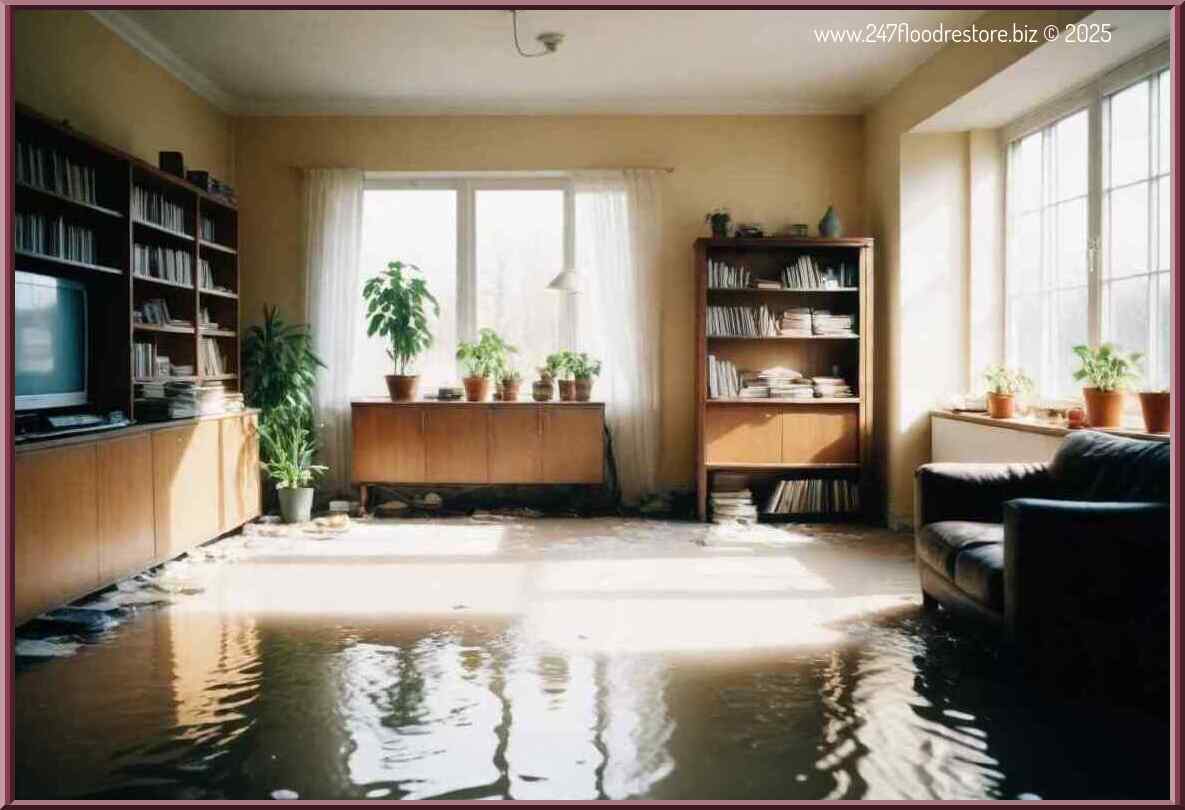 1. Inspect the Damage:
Begin by thoroughly inspecting the affected area of your carpet. Assess if there are any visible stains or lingering odors that need attention before proceeding with the cleaning process.
1. Inspect the Damage:
Begin by thoroughly inspecting the affected area of your carpet. Assess if there are any visible stains or lingering odors that need attention before proceeding with the cleaning process.
2. Vacuum Thoroughly: Before applying any cleaning solutions, use a high-quality vacuum cleaner equipped with HEPA filters to remove loose dirt, debris, and dust from the carpet fibers. This step will prevent further contamination during the deep-cleaning process.
3. Treat Stains: Spot-treat any stubborn stains using appropriate carpet stain removers based on the type of staining agent present (such as pet urine or coffee spills). Follow manufacturer instructions carefully when dealing with specific stain removal products.
4. Steam Cleaning/Hot Water Extraction: The next step involves steam cleaning or hot water extraction-a widely recommended method for deep-cleaning carpets after water damage events. Utilize professional-grade equipment that sprays hot water mixed with mild detergents onto your carpets while simultaneously extracting soil particles and excess moisture.
5. Drying Methodologies: Once the extraction is complete, prompt drying becomes paramount in preventing mold growth within your carpets' fibers-enhancing air circulation through open windows or utilizing fans or dehumidifiers expedites this process effectively.
6. Second Round of Vacuuming: An additional vacuuming session serves two purposes - first, it removes any leftover detergent residues trapped within carpet fibers; secondly alleviating matted carpet fibers caused by excess moisture and aiding in its restoration.
7. Apply Sanitizing Agent: To ensure a hygienic living space, apply a suitable sanitizing agent to the now clean and dry carpets. Look for EPA-approved disinfectants that effectively eliminate bacteria, viruses, and other pathogens while being safe around pets and children.
8. Professional Carpet Cleaning Services: Consider enlisting professional carpet cleaning services specializing in water damage restoration periodically or semi-annually to ensure comprehensive deep-cleaning procedures are performed on your carpets, maintaining their integrity for the long term.
Remember that prompt action is crucial after water damage incidents to prevent further structural issues within your home's interior. By adhering to these essential steps when cleaning and sanitizing your carpets after successful extraction, you can restore them to their former glory while minimizing health risks associated with mold growth and bacterial contamination.
In conclusion, don't overlook the importance of thorough carpet cleaning following water damage events. By taking proactive measures coupled with professional assistance when necessary, you pave the way towards not only restoring but also maintaining a healthy indoor environment for years to come.